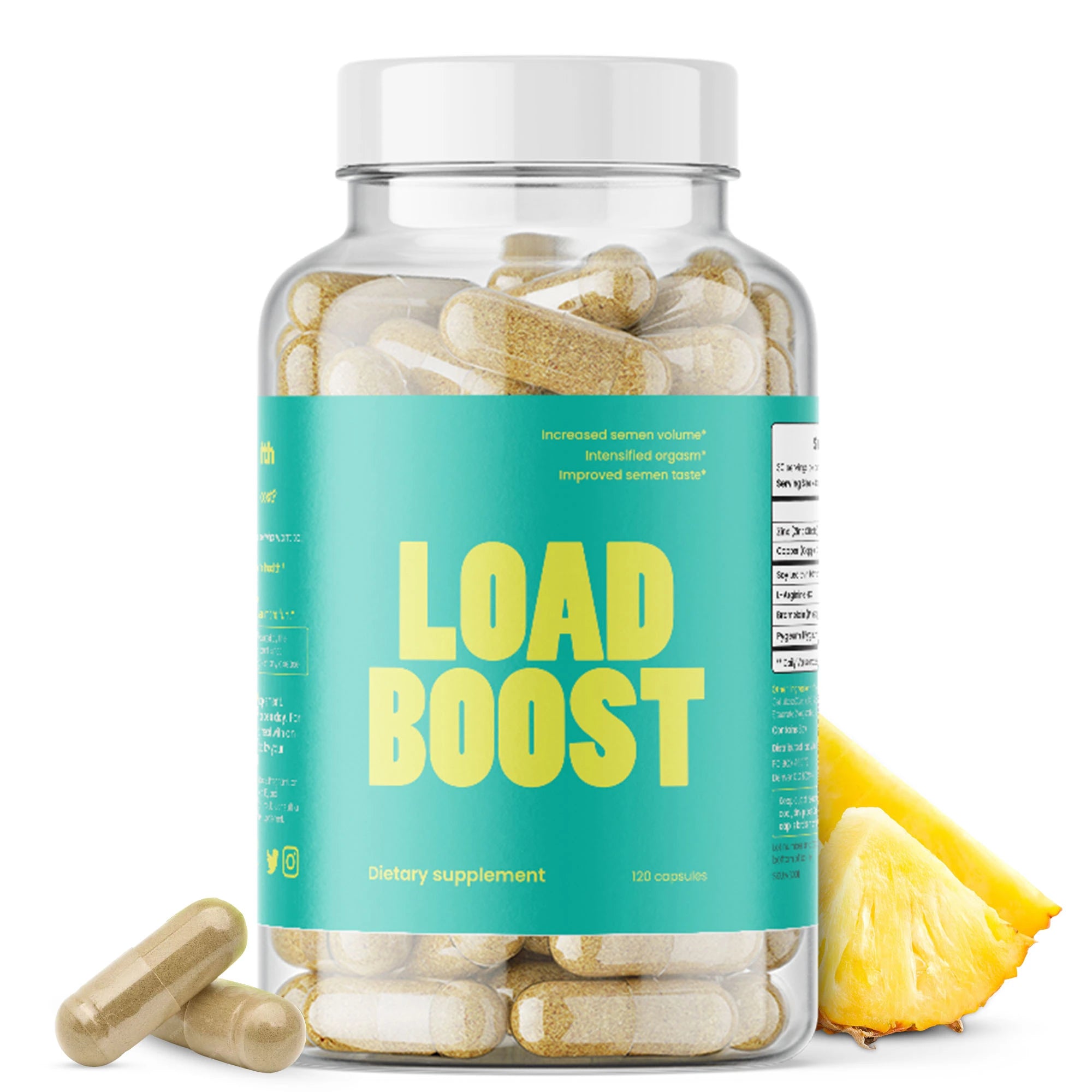Semapro markets itself as a men's sexual health supplement designed to enhance semen volume. A closer examination reveals significant gaps between these claims and scientific evidence. The VB Health medical experts review the Semapro formula
A Look at Semapro's Ingredients
Semapro contains a blend of several well-known natural ingredients, including Maca Root, Horny Goat Weed, Mucuna Pruriens, Saw Palmetto, L-Arginine, Panax Ginseng, Tongkat Ali, L-Carnitine, L-Lysine, and Polypodium Vulgare. Notably, these are listed under a "proprietary blend," obscuring the exact quantities of each.
The only clearly stated ingredient quantity is zinc, at 50mg per serving—significantly above the recommended upper limit of 30mg per day (National Institutes of Health, 2021). Excessive zinc intake can lead to serious side effects, including nausea, vomiting, weakened immune function, and reduced copper absorption.
Do Semapro's Ingredients Actually Enhance Semen Volume?
Most of Semapro's listed ingredients lack evidence specifically related to increasing semen volume:
- Maca Root: Traditionally associated with increased libido and sexual desire, yet studies haven't shown significant effects on semen volume (Gonzales et al., 2002).
- Horny Goat Weed: Known primarily for potential libido and erectile function benefits but no direct evidence linking it to semen volume increase (Shindel et al., 2010).
- Mucuna Pruriens: Some studies suggest it may improve sperm quality but haven't conclusively demonstrated increased semen volume (Shukla et al., 2010).
- Saw Palmetto: Commonly linked to prostate health with limited evidence supporting improvements in semen volume (Wilt et al., 2002).
- L-Arginine: While beneficial for blood flow and erection quality, its role in significantly increasing semen volume is unproven (Stanislavov & Nikolova, 2003).
- Panax Ginseng and Tongkat Ali: Both may offer libido enhancements or slight testosterone boosts but lack conclusive evidence directly related to semen volume (Tambi & Imran, 2010).
- L-Carnitine and L-Lysine: Important amino acids for overall health yet unsupported by evidence for direct impact on semen volume.
- Polypodium Vulgare: Virtually no credible scientific evidence related to sexual or reproductive health benefits.

The Problem with Proprietary Blends
Semapro's labeling as a proprietary blend raises considerable concerns. By withholding exact ingredient quantities, it becomes impossible to verify whether the supplement contains effective doses or potentially harmful amounts. Medical and nutritional experts consistently advise consumers to avoid supplements with undisclosed ingredient amounts, emphasizing transparency as a cornerstone of safe supplementation (Harvard Health, 2021).
Excessive Zinc: A Health Concern
The disclosed 50mg of zinc per serving surpasses the established tolerable upper intake level, set at 30mg/day by the National Institutes of Health (NIH). Chronic ingestion of high zinc levels can lead to serious health complications, including gastrointestinal distress, immune dysfunction, and copper deficiency. This excessive dosing underscores Semapro's potential risk profile.
Scientifically-Backed Alternative: Load Boost by VB Health
Load Boost by VB Health is formulated based on scientifically-supported ingredients and clearly labeled quantities. Ingredients such as zinc (at safe and effective levels), Pygeum, Lecithin, and L-Citrulline have robust clinical evidence supporting their roles in increasing semen volume and enhancing sperm health:
- Zinc is well-documented to improve semen volume and sperm quality (Wong et al., 2002).
- Pygeum Africanum has clinical evidence for increasing seminal fluid production and prostate health benefits (Levin et al., 1997).
- Lecithin supplementation has demonstrated increased seminal fluid volume and sperm motility (Sinclair, 2000).
Final Verdict: Semapro vs. Load Boost
Semapro falls significantly short in scientific validity, ingredient transparency, and safety due to its excessive zinc dosage and hidden ingredient quantities. Consumers seeking effective and safe supplementation should prioritize transparency, evidence-based formulations, and established dosing safety—principles exemplified by Load Boost from VB Health.
Sources:
- Gonzales, G.F., et al. (2002). Andrologia, 34(6), 367-372.
- Shindel, A.W., et al. (2010). The Journal of Sexual Medicine, 7(4), 1518-1528.
- Shukla, K.K., et al. (2010). Fertility and Sterility, 94(2), 786-788.
- Wilt, T.J., et al. (2002). Cochrane Database of Systematic Reviews, CD001423.
- Stanislavov, R., & Nikolova, V. (2003). Journal of Sex and Marital Therapy, 29(3), 207-213.
- Tambi, M.I., & Imran, M.K. (2010). Asian Journal of Andrology, 12(3), 376-380.
- Harvard Health Publishing. (2021). Dietary Supplements: What You Need to Know.
- Levin, R., et al. (1997). The American Journal of Medicine, 102(1), 24-27.
- Sinclair, S. (2000). Alternative Medicine Review, 5(1), 28-38.
- Wong, W.Y., et al. (2002). Fertility and Sterility, 77(3), 491-498.
- National Institutes of Health. (2021). Zinc: Fact Sheet for Health Professionals.




